This is part of a special series, Cumbia Across Latin America, a visual report across six countries developed over several years, covering the people, places and cultures that keep this music genre alive.
Marcel Campos, the lead singer of Spaghetti Cumbia, often talks about being caught in between two cultures — not Mexican enough for Mexicans and not American enough for Americans. Ni de aquí, ni de allá. The Spaghetti sound was born out of a fusion of the two cultures. The members of the band all have deep connections to their Mexican roots. They grew up listening to Latin music in their homes and at family parties in Boyle Heights and East LA. Paulo Paredones, the bass player, known as El Maniacs, remembers yelling at his dad to turn down the cumbia. But growing up in LA, they were also heavily influenced by classic rock, punk rock and hip-hop. The band created their own style, mixing cumbia with all their influences and adding a Spaghetti Western sound.
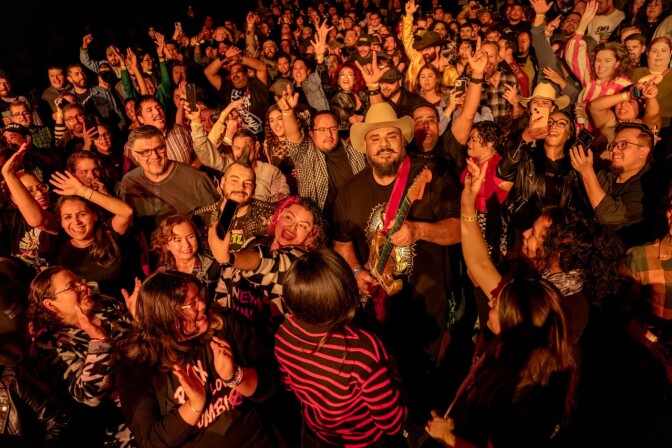
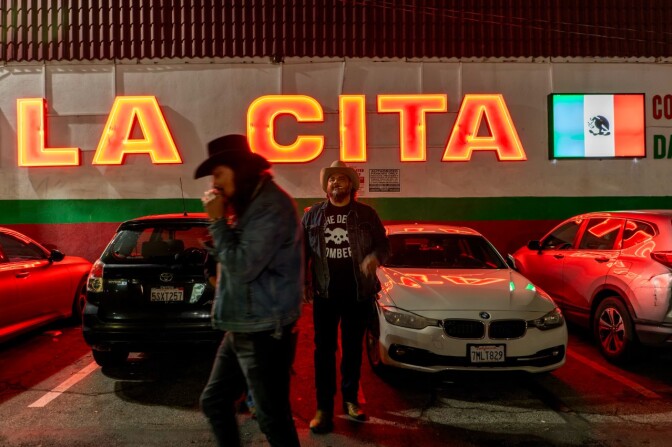
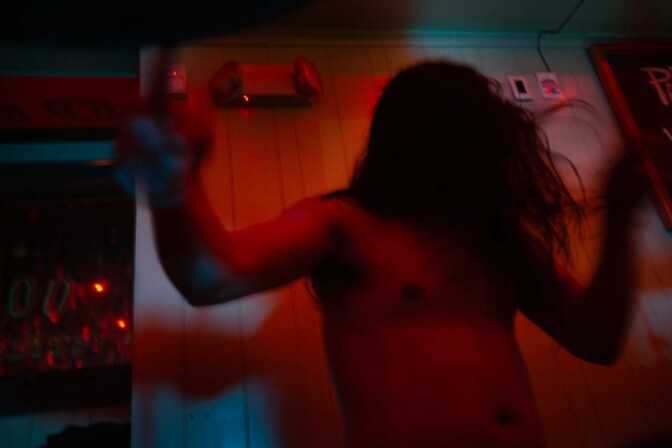
In the early 20th century, the land east of the Los Angeles River became a destination for immigrants, and by the 1940s, the area was mostly Latino. Today, East LA and Boyle Heights are both about 95% Latino, and Los Angeles County has the largest Hispanic population in the country, with 4.8 million people.
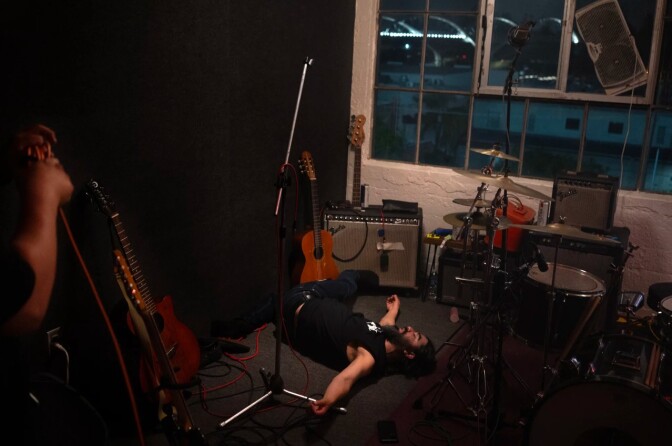
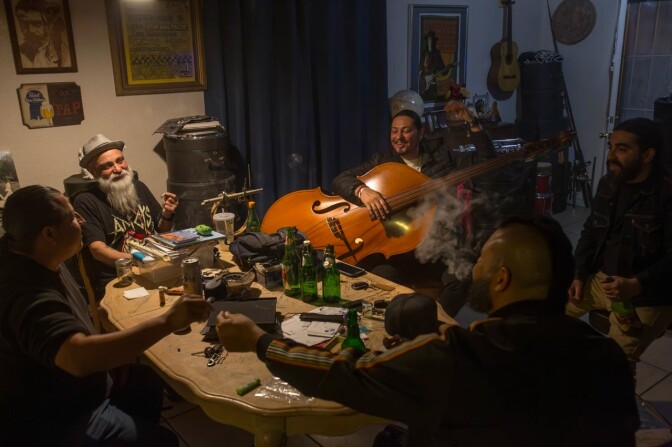

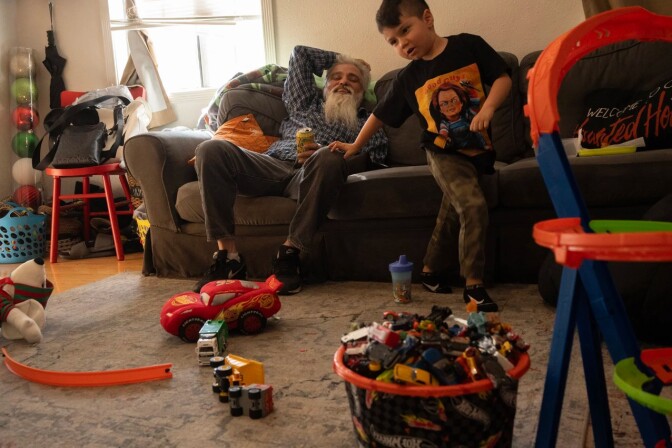
The band members were teenagers in the '90s when gang violence was at its peak on the city's east side. Pedro Zapata, or Pedro Pistolas, one of the band's guitarists and vocalists, remembers when over half of his friends were joining gangs. Like some of the other band members, he was tempted to follow. Looking back, they say they're thankful they didn't — many of their friends were shot down in the streets or ended up spending their lives in prison. Their love for playing music may have saved them by connecting them with a different crowd. There was no time to spend on the streets with rehearsals and studio recordings.
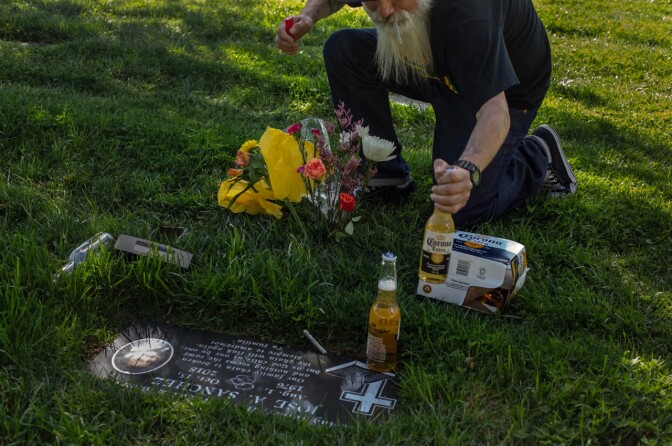
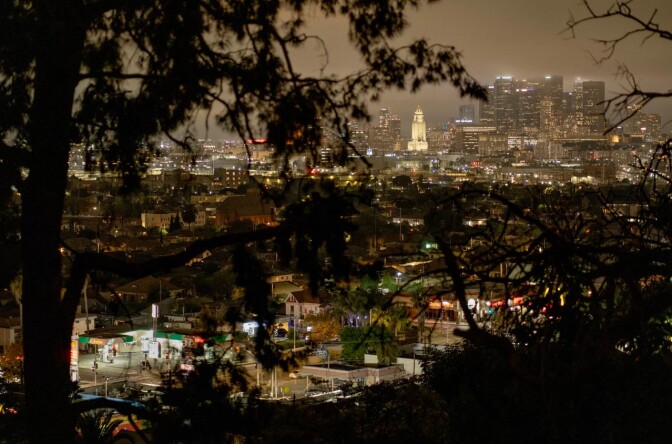

Although Marcel plans to build a "Spaghetti Empire" and the band members dream of hitting it big, right now, they all work multiple jobs. Campos works at Costco and delivers for Instacart, often sleeping only a few hours. Because of the cost of living in California, he must hustle to support his family. As the band plays larger venues, the extra income really helps to make ends meet.
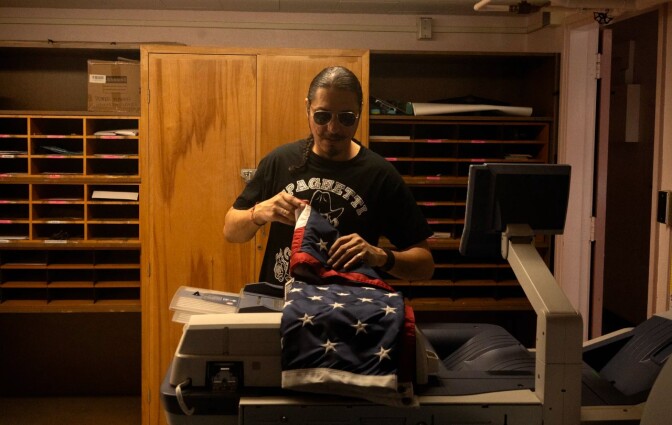
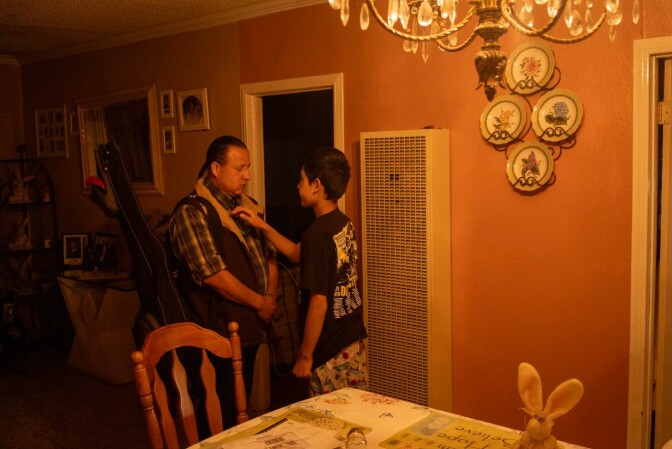

Spaghetti formed nine years ago and began playing in a small mezcal bar in downtown LA, called Las Perlas. Campos or Paredones would light a stick of palo santo before performing to clean the space of any negative energy. The place would fill up fast and the band would set up right on the dance floor, playing to a Latino crowd. Under the dim red lights, the audience and the band became one, swimming in a sea of sound.
Paredones laid down thumping cumbia bass lines as Adolfo Mercado, often compared to Animal of The Muppets, wailed on the drums. With their wireless guitars, Bobby Guerrero, also known as El Gallo, and Zapata weaved through the crowd playing psychedelic guitar riffs. Campos, tapping into his punk rock influences, ripped his shirt off and poured all his energy into the show. The crowd would dance, scream and let go of the stress of everyday life.
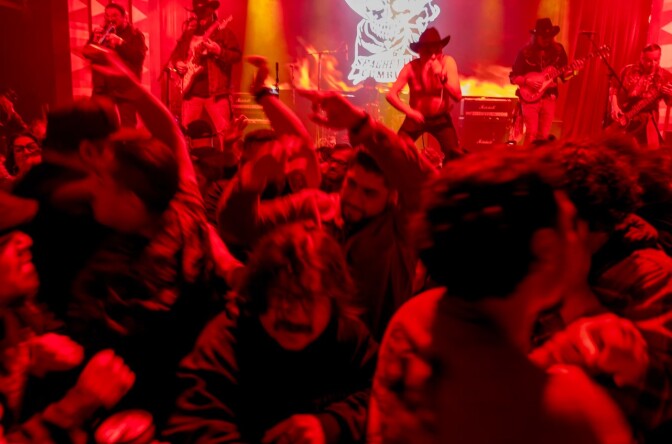


This coverage was made with the support of the National Geographic Explorer program.
Ivan Kashinsky is a photojournalist based in Los Angeles. You can see more of his work on his website, IvanKphoto.com, or on Instagram, at @ivankphoto.








